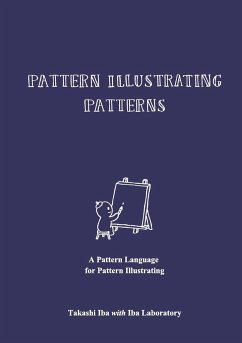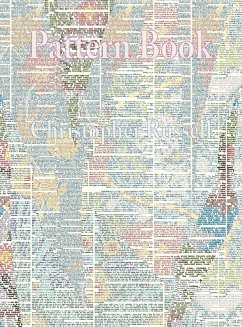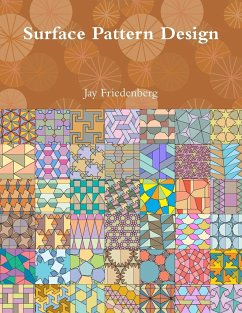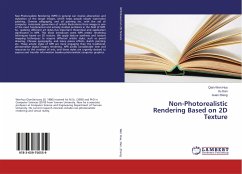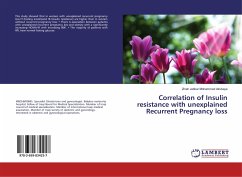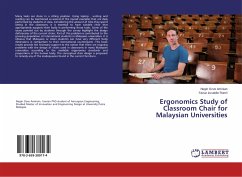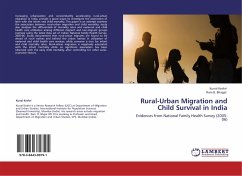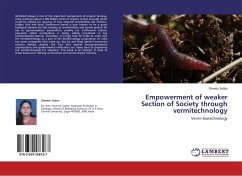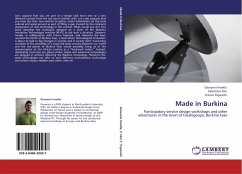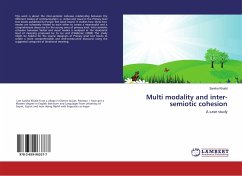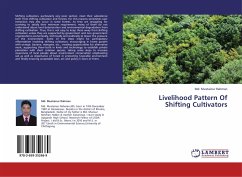
Livelihood Pattern Of Shifting Cultivators
Versandkostenfrei!
Versandfertig in 6-10 Tagen
32,99 €
inkl. MwSt.

PAYBACK Punkte
16 °P sammeln!
Shifting cultivators, particularly very poor section, meet their subsistence both from shifting cultivation and forests. For this reasons sometimes over extraction may also occur in some forests. As they are struggling for surviving to satisfy their minimum requirement, many of them do not understand about land deterioration and environmental degradation from shifting cultivation. Thus, this is not easy to keep them away from shifting cultivation unless they are supported by government and non government organizations economically, technically and politically to lessen the pressure on the envi...
Shifting cultivators, particularly very poor section, meet their subsistence both from shifting cultivation and forests. For this reasons sometimes over extraction may also occur in some forests. As they are struggling for surviving to satisfy their minimum requirement, many of them do not understand about land deterioration and environmental degradation from shifting cultivation. Thus, this is not easy to keep them away from shifting cultivation unless they are supported by government and non government organizations economically, technically and politically to lessen the pressure on the environment. Some of the steps might be participatory afforestation involving shifting cultivators, encouraging in home garden with orange, banana, mangoes, etc., creating opportunities for alternative work, supporting them both in kinds and technology to establish private plantation with short rotation species, taking some steps to increase awareness of local people about environment conservation emphasizing soil as well as importance of forest in protecting favorable environment and finally ensuring acceptable laws, act and policy in favor of them.



